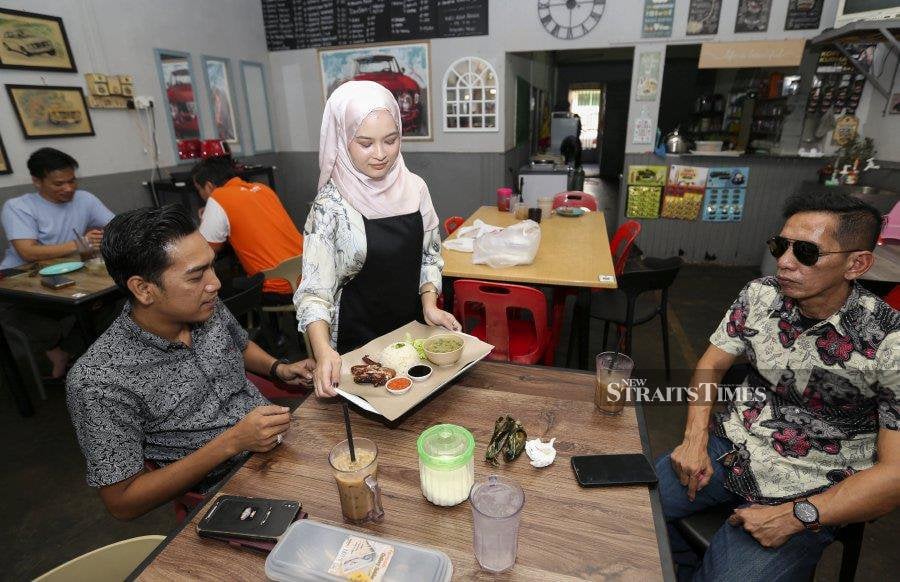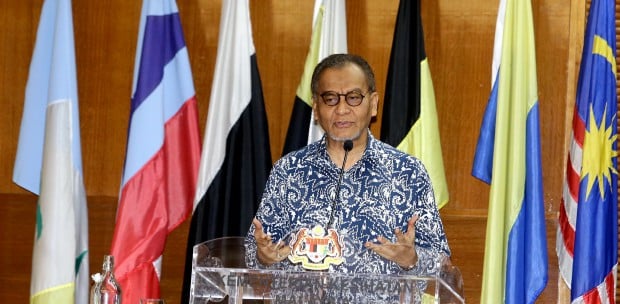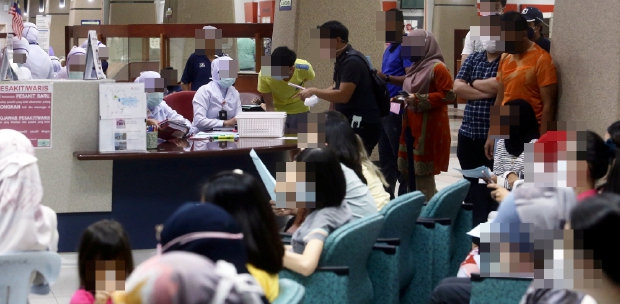LETTERS: The letter "'Fattest nation' needs to slim down drastically" (NST, May 28) rightly highlights the dire health crisis Malaysia is facing.
With 73 per cent of deaths related to non-communicable diseases, such as diabetes and hypertension, and with a staggering number of our population affected by these conditions, there is an urgent need for action.
The writer's call for a focus on fitness and healthy eating within the workplace is timely and necessary.
While I agree with the proposals, there is an additional layer to consider: the cultural complexity of eating and the right approach to food.
Malaysia's rich culinary heritage is deeply ingrained in our social psyche. Eating is not just about sustenance; it is a way of connecting, celebrating and expressing our cultural identity.
We have that slice of cake to celebrate the joyous times, but we also crave for sweet things when we are down with despair.
This cultural dimension is the reason making the concept of healthy eating appear daunting to us. "How to eat healthily at mamak restaurants?" becomes a valid question.
The key lies in teaching our younger generation to be responsible consumers.
First, we need to advocate for a balanced diet that's accessible and relatable. Focus on incorporating more fruits, vegetables, whole grains and lean proteins into our daily meals. When eating out, replace sugary drinks with plain water.
Second, instil a sense of responsibility in our younger generation regarding their food choices and intake quantity. "Eat to live, not live to eat" should become their daily mantra.
The suggestion for workplace fitness programmes is commendable. It should be complemented with educational campaigns emphasising the simplicity of maintaining a healthy lifestyle.
The goal is to create an environment where making healthier choices, be it when dining in or eating out, is easy.
DR NAHRIZUL ADIB KADRI
Associate Professor,
Biomedical Engineering,
Universiti Malaya
The views expressed in this article are the author's own and do not necessarily reflect those of the New Straits Times





